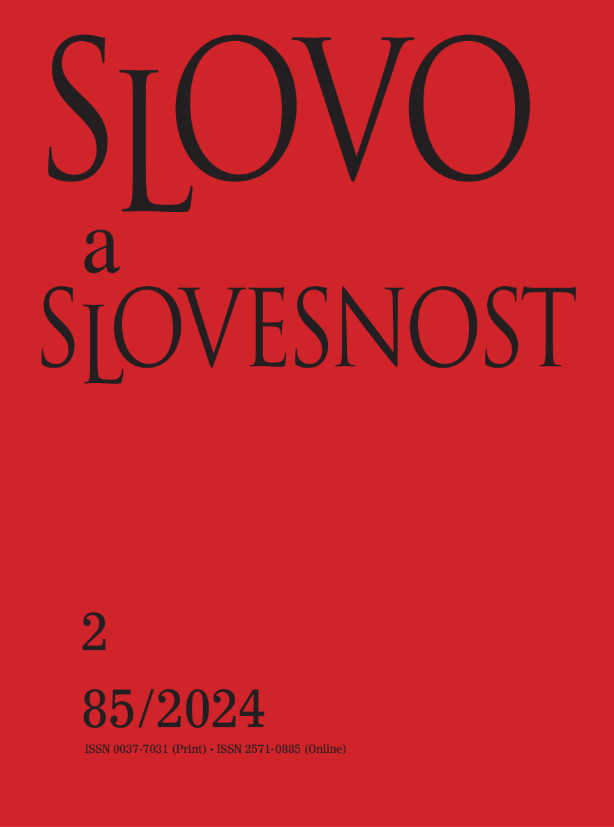Interpretation of possessive pronouns in Czech infinitive constructions
Interpretation of possessive pronouns in Czech infinitive constructions
Author(s): Tatiana PerevozchikovaSubject(s): Western Slavic Languages
Published by: AV ČR - Akademie věd České republiky - Ústav pro jazyk český
Keywords: binding; control; Czech; infinitives; long-distance anaphor; possessive; pronoun; reflexive; reference
Summary/Abstract: Existing research has not yielded clear conclusions regarding the status of the Czech reflexive possessive svůj as a long-distance anaphora. Some researchers claim that svůj in infinitival complements strongly favours the local interpretation. Other scholars argue that the reference of svůj is ambiguous between the local and the long-distance reading, and that the choice between them is partly influenced by the matrix verb. In this article, we report on an experimental study investigating how reflexive and non-reflexive possessives in Czech object control infinitives are interpreted and whether the interpretation is constrained by the matrix verb. A written interpretation task was carried out with 96 Czech native speakers. The results show that for a reflexive possessive, the local interpretation is preferred, but the long-distance interpretation is also common, and its probability depends partly on the matrix verb. A non-reflexive possessive does not show a non-locality bias and its interpretation depends strongly on the matrix verb. Our results support form-specific multiple-constraints models of anaphora processing, suggesting that the interpretation of reflexives is influenced not only by the structural constraint of locality but also by pragmatic inferences based on the semantics of the matrix verb, although to a lesser extent than the interpretation of pronouns.
Journal: Slovo a slovesnost
- Issue Year: 85/2024
- Issue No: 2
- Page Range: 83-111
- Page Count: 29
- Language: English

